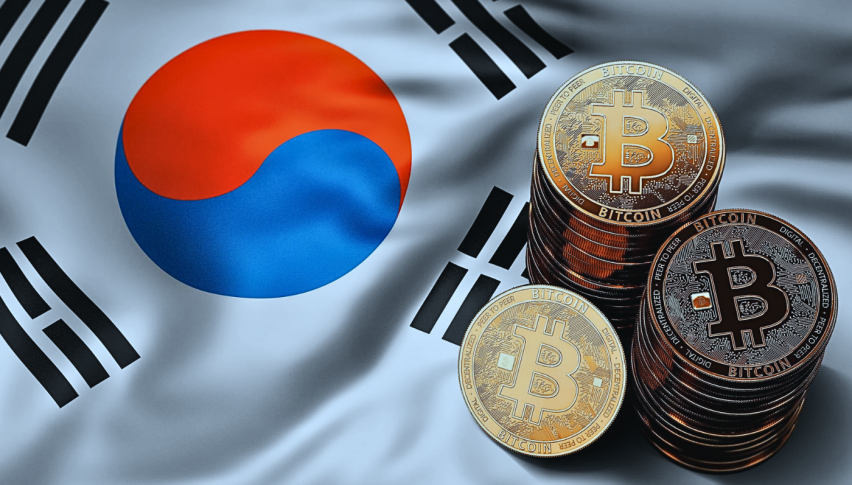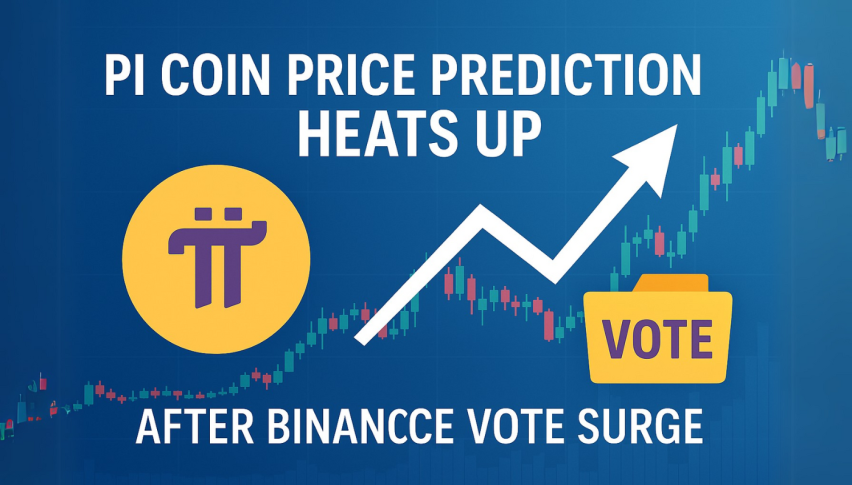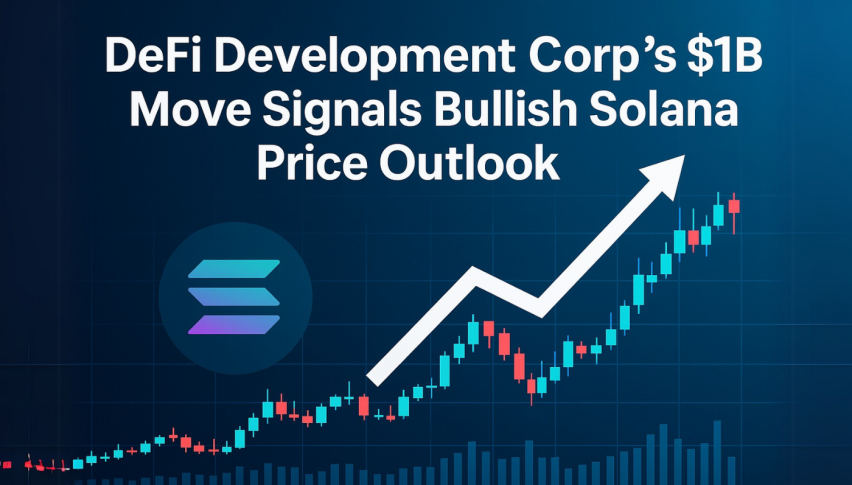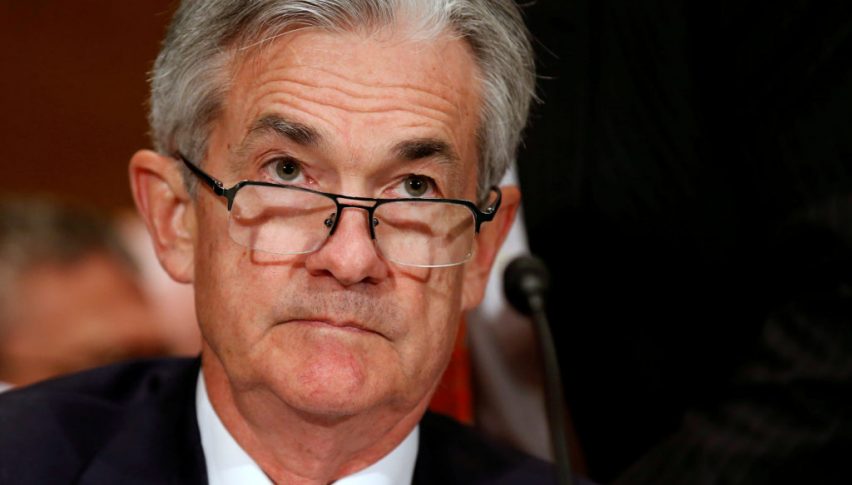South Korea Opens Crypto Market to Global Investors with AML Overhaul
South Korea is making strides to expand global access to its thriving cryptocurrency market. In a move that could significantly reshape...

South Korea is making strides to expand global access to its thriving cryptocurrency market.

In a move that could significantly reshape investor dynamics, the country’s Financial Services Commission (FSC) is considering updates to its anti-money laundering (AML) policies to make it easier for foreign investors to participate.
At a recent National Assembly seminar, King Sung-ji, head of the FSC’s digital assets division, underscored the value of opening South Korea’s crypto market to the world. He pointed to the need for regulatory flexibility to allow international players to engage with local platforms—while still maintaining robust oversight.
The aim? To balance global investor interest with market security, and position South Korea as a leading crypto hub aligned with global standards.
Current Barriers Keep Foreign Traders on the Sidelines
For now, strict KYC and capital flow restrictions continue to limit foreign investor access. These rules, while intended to prevent illicit activity, have also hindered international participation, especially on major domestic exchanges like Upbit and Bithumb.
That could change soon. Proposed updates to AML regulations may ease these restrictions, creating a more accessible and competitive market for overseas traders.
“Removing these barriers would be a game changer,” said Peter Chung, Head of Research at Presto. “It would open the door to real global engagement with South Korea’s crypto sector.”
Stronger Security Measures Remain a Priority
While access may be expanding, security isn’t taking a back seat. In fact, South Korea has doubled down on tightening AML controls to combat fraud, money laundering, and unlicensed exchanges.
On March 5, 2025, the Financial Intelligence Unit (FIU) met to strengthen inspection protocols and boost enforcement across the digital asset space. The government also requested that tech companies like Google restrict access to unregistered crypto exchanges. In response, platforms like KuCoin, MEXC, and Poloniex were blocked from local services.
These efforts highlight South Korea’s commitment to building a compliant, secure crypto environment—even as it opens its doors to a broader pool of investors.
What This Means for the Global Crypto Landscape
With these regulatory adjustments, South Korea is signaling that it’s ready to play a larger role on the global crypto stage. Key takeaways:
AML rules may be relaxed, clearing a path for foreign investors
Major exchanges could soon be accessible to international traders
Security measures remain in focus, including blocks on unregistered platforms
South Korea seeks to balance market growth with investor protection
Bottom Line
South Korea’s evolving regulatory stance marks a major step toward globalizing its crypto market. By streamlining foreign access while strengthening compliance, the country is positioning itself as a leader in the next phase of crypto adoption—one that welcomes international capital without compromising security.
- Check out our free forex signals
- Follow the top economic events on FX Leaders economic calendar
- Trade better, discover more Forex Trading Strategies
- Open a FREE Trading Account



